ABOUT TENOR BLUE
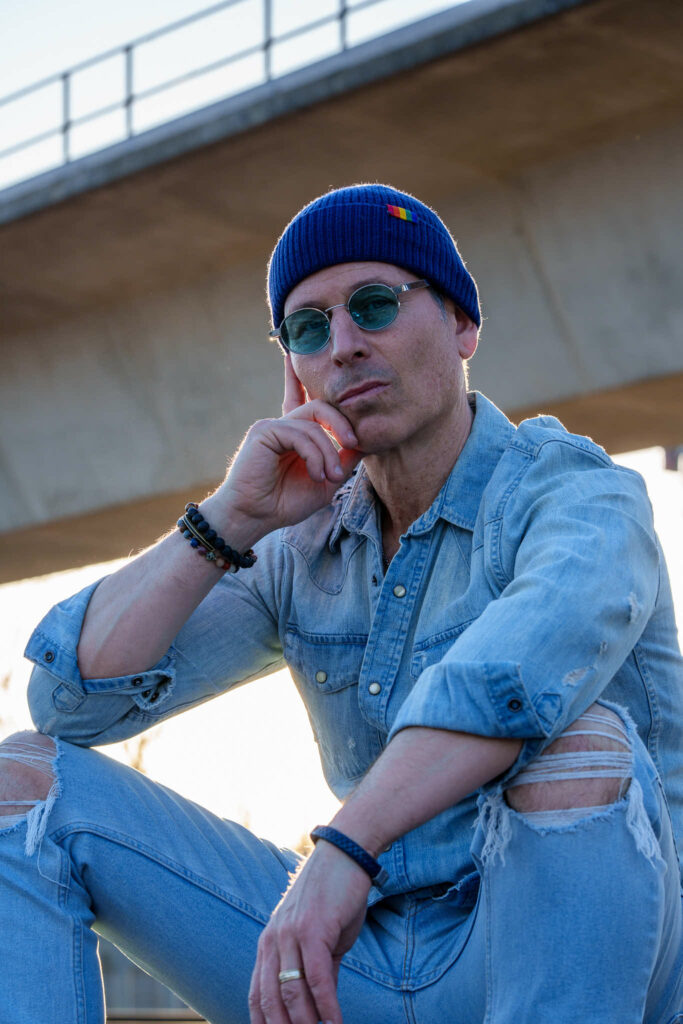
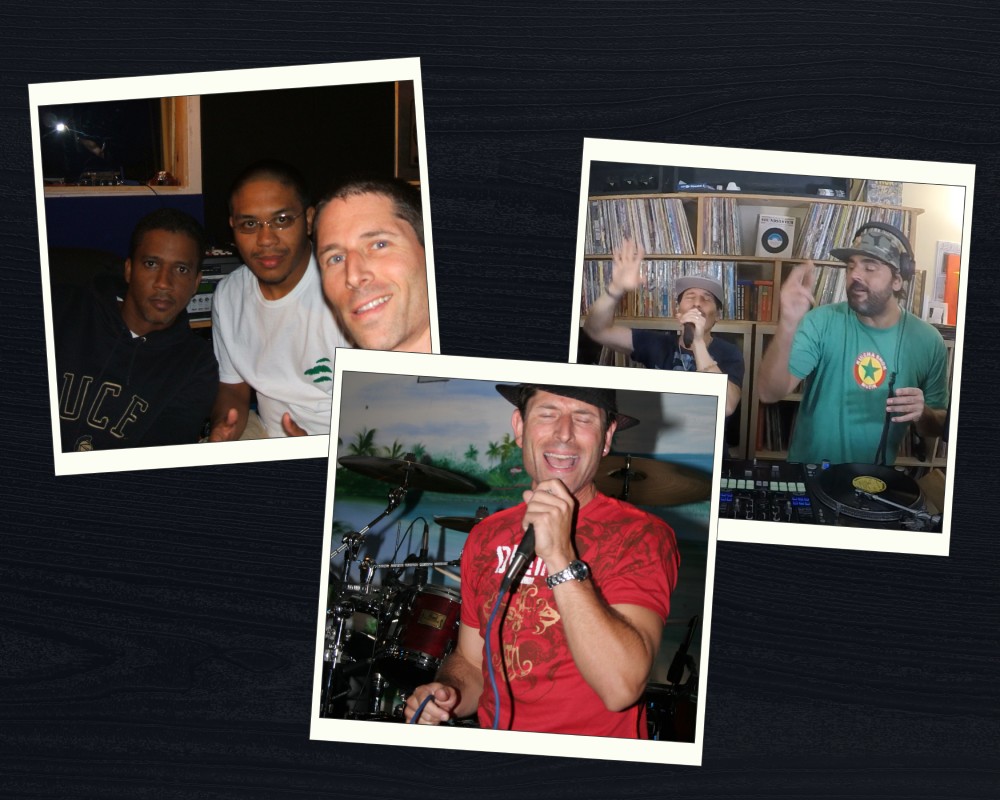
A search for truth
Finding one’s calling is a process that unfolds differently for everyone who dreams. In the quest for safety, security or meeting the expectation of others, many hide from what they were truly created to do with their lives. Discovering this essential truth inside us is inherently scary when it does not follow a secure or traditional path — even more so when it allows the world to see you bare through a looking glass. How we navigate the forces that stand between us and our essential truth is a journey with more questions than answers…
Where does one start?
What is the process to get there?
How much work is involved?
Is it even possible?
What happens if I try and fail?
Or worse, what if I end up looking like a fool, disappointing myself and others?
These are all reasonable questions that those with a dream, whether consciously or unconsciously, ask themselves. But the moment these questions get in the way of taking action and stop movement is when the dream begins to wither. That’s when inspiration and self-confidence begins its steady retreat – in many cases to be lost forever, in rarer cases to be rediscovered only through great effort and intention. Tenor Blue’s journey has been contending with these questions and fighting for his truth and destiny.
a sound that pushes the boundaries of reggae music...
the beginning
Tenor Blue was raised in the storied Haight-Ashbury district of San Francisco, home to the historic “Summer of Love” and a gathering place for many of the most renowned acts in Rock and Roll including Sly & The Family Stone, The Grateful Dead, Jefferson Airplane, Janis Joplin and Jimi Hendrix. Growing up in the heart of San Francisco meant an introduction into a world with few boundaries and exposure to a wide variety of music and cultures.
He literally wore out the grooves on those albums. For Tenor, certain songs would evoke a powerful sense of longing and a strong sense of romanticism about love and life that offered a magical quality that the outside world simply didn’t.
In these moments singing along to the records, dreaming and lost in his connection to the music, Tenor realized that he could sing. At the same time, there were no musical influences in his family–no examples or guides as far as what being a musician or artist even looked like. All he knew was the music and its power over him and the examples of the artists he loved.
Without a guide or a real outlet for his own musical creativity, Tenor continued to avidly explore and discover music throughout his school years. His original love for American “Soul” music expanded into Reggae, Rock & Roll, British Ska, Pop, Jazz and International music, Artists like Stevie Wonder, Teddy Pendergrass, Sugar Minott, Steel Pulse, Elvis Costello, Sarah Vaughan, The Clash and The Police along with so many others all played a role in the formation of his musical consciousness.
While discovering all these legendary artists and defining his tastes throughout his teenage years, Reggae rose to the top of his list as a particular passion.
At this same time, Tenor began to become more of a reader and thinker. This began the start of a life-long process of discovery into matters of spirituality and philosophy. He developed an inherent sense of the reality of the non-material world and a deep belief in the essential nature of morality and justice that have guided him throughout his life.
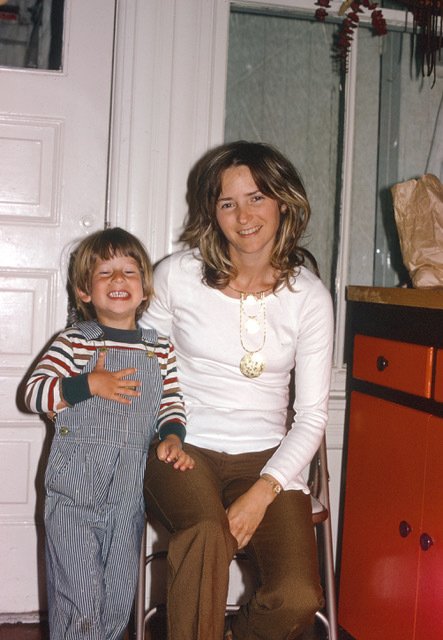
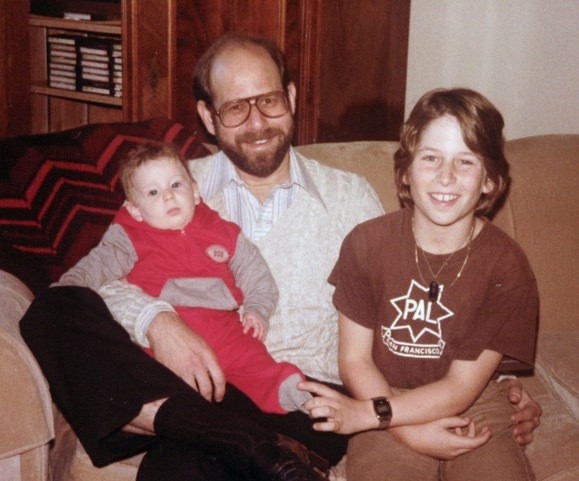
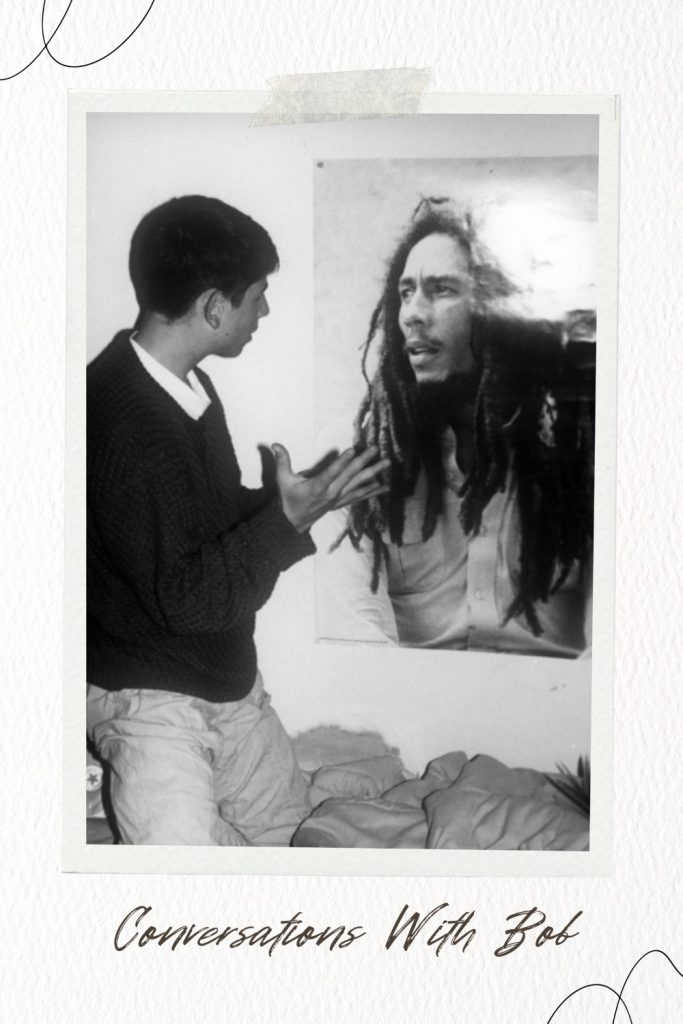
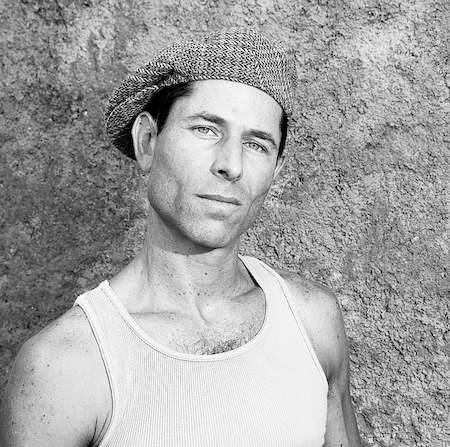
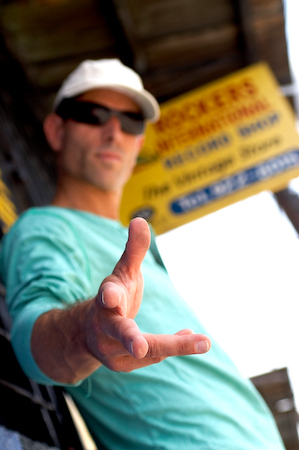

becoming an artist
After starting college in Santa Cruz, CA, Tenor moved to Los Angeles to attend UCLA. Around this time, he began to create his own music and discover his path as an artist. He and a few close friends would purchase records at a local shop in Westwood, CA near the UCLA campus called Rhino Records. Some of those purchases were 7” singles, many of which included “versions” (instrumental backing tracks of the same single) on the B-side which Tenor used to compose his own lyrics and melodies like the artists on the recordings.
He acquired a very basic 4-track audio recording device and began putting together his ideas on tape. At the same time, there was a bubbling culture in LA at that time of clubs that played a combination of Reggae and Hip-Hop and there were opportunities to get on the mic and flash his skills at the clubs.
Things were starting to happen. This led to a variety of connections with producers and other artists and soon Tenor began receiving tracks from producers to write to. He figured out that writing was a real strength as he really had something to say as an artist. His voice wasn’t trained but sounded good still and eventually through a series of demo recordings and some connections he’d developed he was able to get signed to a record contract with PMP Records, a sub-label under RCA Records.
It was really at this point that the reality of what was unfolding became very real. But with the prospect of success came the question: Am I ready? Not just to be a writer, but a performer ? Tenor knew that he had songs that had real potential and the prospect of recognition and fame were very much within reach. But Tenor had had no musical or vocal training and the thought of performing in front of larger crowds was, deep down, very frightening. While songwriting felt like home, the idea of recording and performing became a source of resistance. He was experiencing imposter syndrome, the feeling that he wasn’t good enough or ready for the big stage as an artist. Self-consciousness led to nervousness which resulted in recordings that lacked freedom, feeling and energy. While the album project was ambitious and included great musicians and some songs that remain relevant to this day, the project ran out of money, fizzled and the label failed to survive as well.
FROM THE WILDERNESS TO FINDING RESILIENCE
This was the first time since he started his journey that Brian felt lost. He left LA and returned home to San Francisco and began a more traditional life, finding a job in tech to pay the bills, getting a girlfriend and hanging out with his childhood friends. It was a life, but not one defined by creative purpose. For several years he continued to songwriter a bit but not with the same energy or inspiration and his fear of performing became calcified.
At this same time his marriage began to unravel, and Tenor found himself getting divorced, a single father far from home. With hopes of returning to California but unable to do so without leaving his young son, he stayed put and did his best to pay the bills–working various jobs while pouring himself into raising his son and working on music on the side. This continued for the duration of his son’s childhood.
During his time in Florida, Tenor managed to share the stage with numerous reggae legends including John Holt, Gregory Isaacs, Frankie Paul, Cocoa Tea and many others. He was featured on compilations with tracks by HEDDROKK Productions, Sly & Robbie, Renaissance, J-Vibe Productions and others. It wasn’t the complete dream he had hoped for when getting started but Tenor managed to somehow keep the flame lit, even if at times it seemed to be little more than a flicker.
His years in Florida represented a difficult phase in his life marked by financial challenges, prolonged loneliness and sacrifice–but these years also led to much personal growth. He became serious about personal development, fitness and strengthening his mindset for his next moves in life.

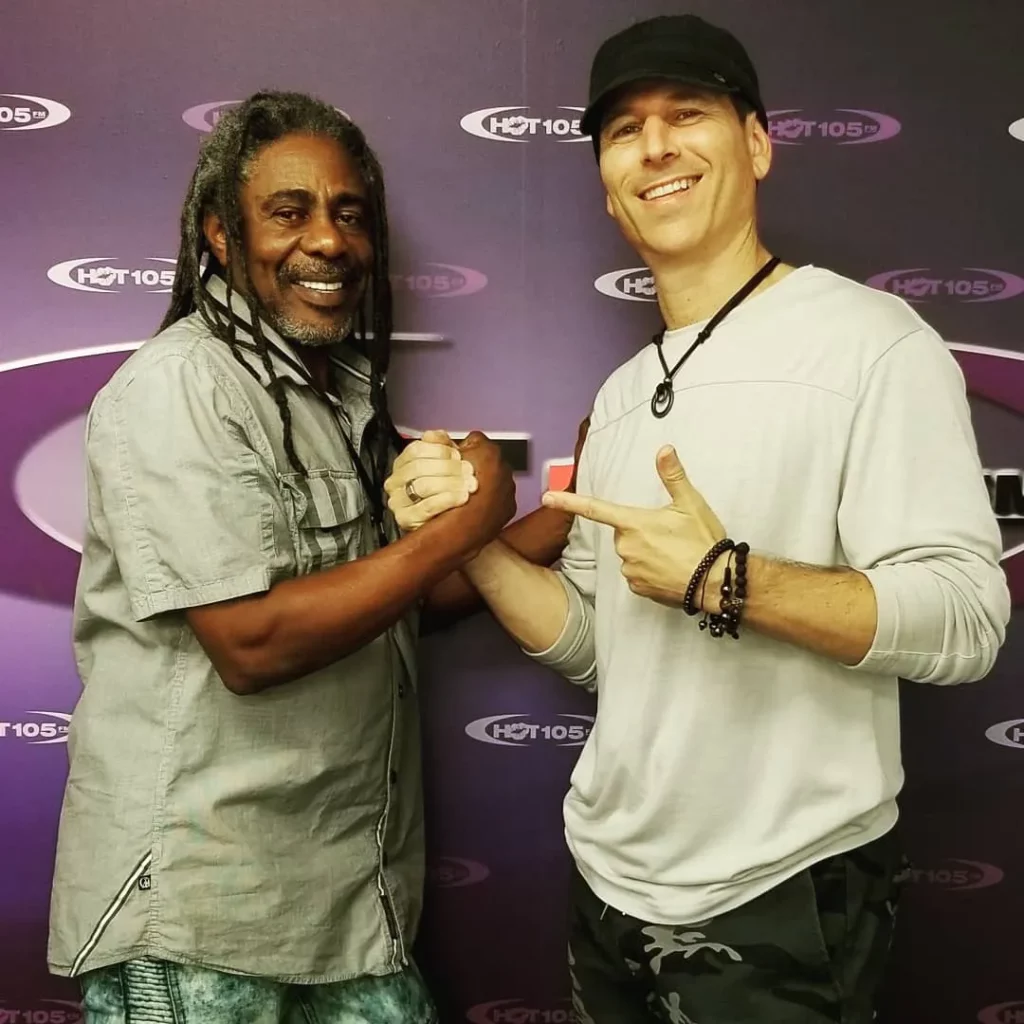
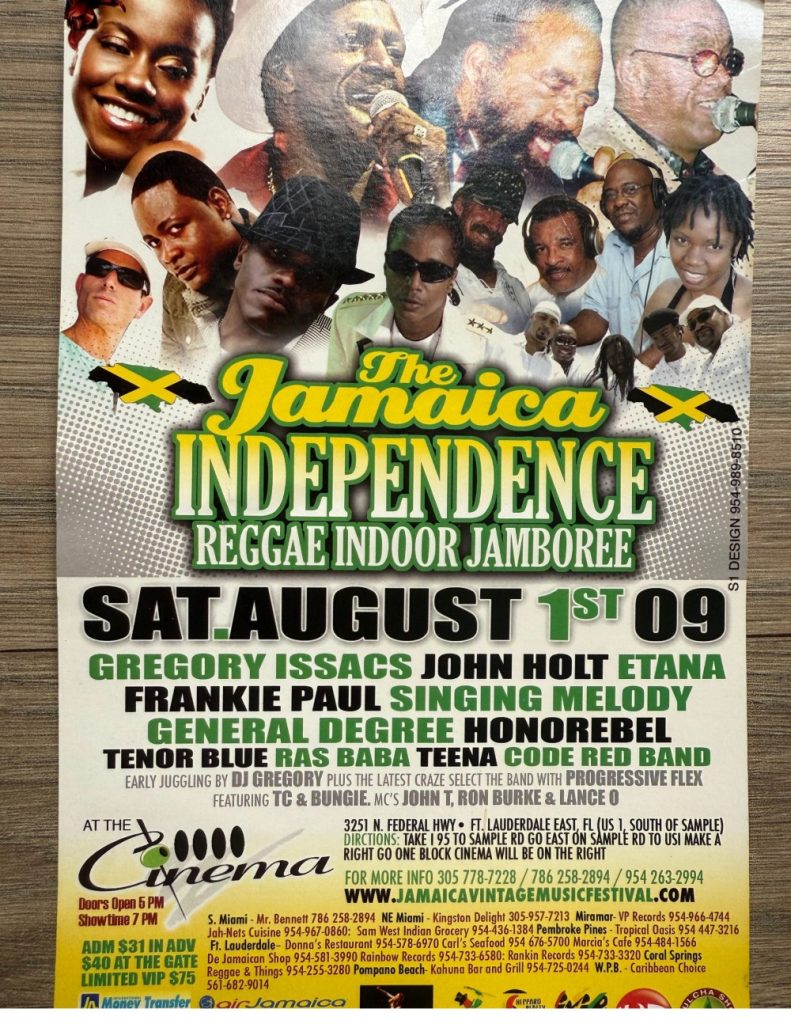
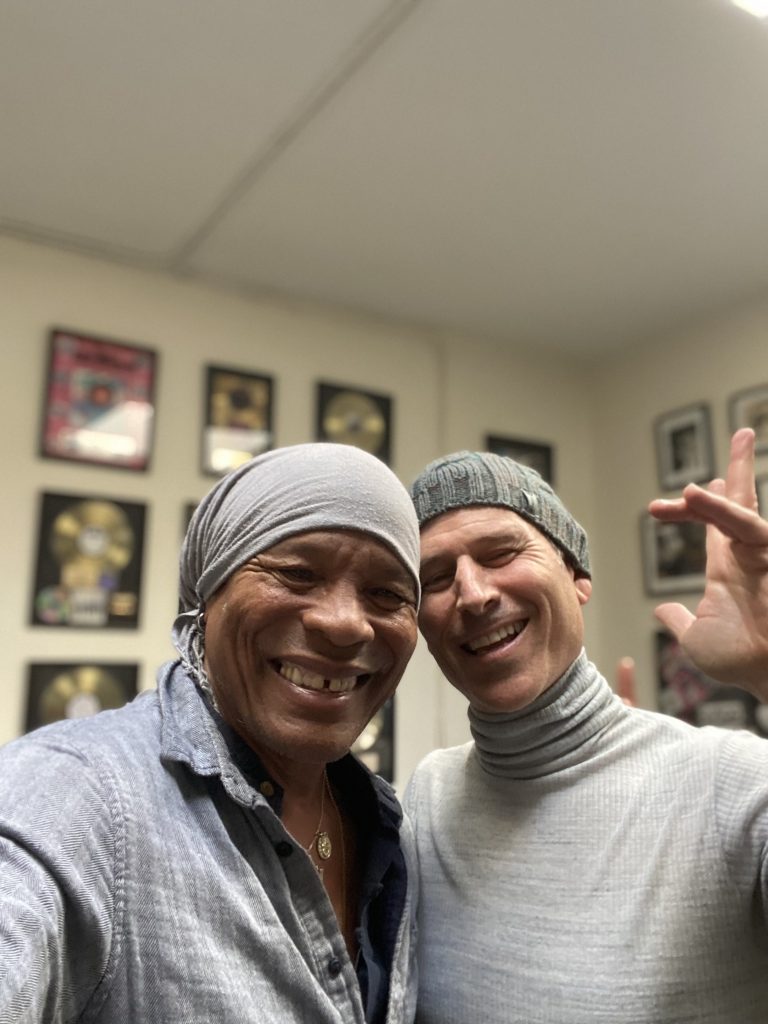
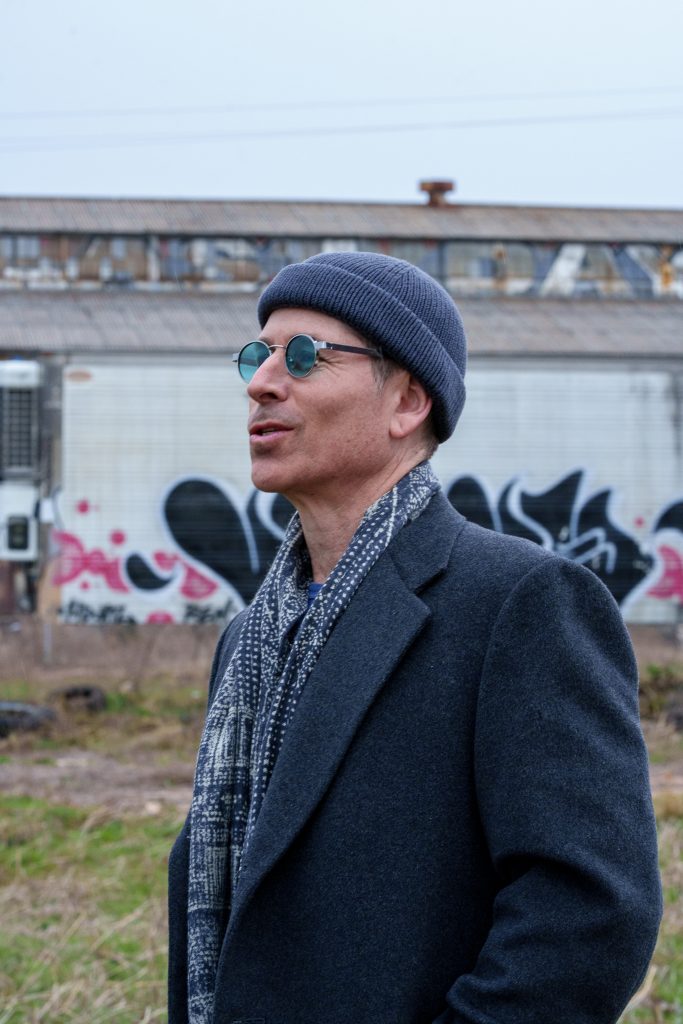
FINDING HIS WAY
By the time his son graduated high school, Tenor had remarried and was already planning his exit from Florida, a place he never quite felt at home. After some traveling and a few trips through Atlanta, Tenor realized that it was a city that felt right to him on a variety of levels. It was diverse, open-minded, urban and raw, while offering changing seasons and proximity to forests, mountains and nature. It also offered a rich musical tradition. With his son attending Florida State University only a few hours away, he and his wife and dog picked up and relocated to the outskirts of the city.
He’d been learning guitar in recent years and writing songs with it but realized as a songwriter that the piano was going to be a crucial tool to take his writing to the next level. So he went to a local church and met the music director who became a mentor and his piano teacher. He carved out the time to practice daily and began using the tool to build tracks and write in his studio.
At the same time, he acquired the equipment necessary to start performing publicly on his own, going out to Atlanta’s Beltline, a popular promenade and gathering place in the City, to busk on the weekends. Being a confident performer was yet another missing piece in his arsenal so he committed to overcoming his fears and defeating those demons. The work began to pay off and his confidence grew as an artist and performer.
finally ready
Today, Tenor is embarking on a new series of releases leading to an EP and is redefining his sound. His myriad of musical influences has found its way into the fabric of his creative inspiration and have helped him to form his own sound that pushes the boundaries of Reggae music, melding it soulfully with genres such as Pop, R&B and Jazz and Afrobeat. And his writing and vocals continue to elevate to new heights. With thought-provoking lyrics that touch on timeless themes ranging from relationships and love to loss, hope, faith, self-belief and determination, ambition, culture, compassion, acceptance and intense self-reflection, Tenor brings his full life experience to the fore.
In a cutthroat and competitive business with no guarantees of future success, Tenor pours out musically from his heart today not with a goal of fame or financial rewards, but to serve God by fulfilling the gift he was given and to serve others through the inspiration of his music. Tenor reflects that
In this, Tenor Blue captures the essence of what it means to be an artist. And so, with the gift of music flowing naturally through him, Tenor Blue’s journey on this planet as a creative continues…

ABOUT TENOR BLUE


A search for truth
Finding one’s calling is a process that unfolds differently for everyone who dreams. In the quest for safety, security or meeting the expectation of others, many hide from what they were truly created to do with their lives. Discovering this essential truth inside us is inherently scary when it does not follow a secure or traditional path — even more so when it allows the world to see you bare through a looking glass. How we navigate the forces that stand between us and our essential truth is a journey with more questions than answers…
Where does one start?
What is the process to get there?
How much work is involved?
Is it even possible?
What happens if I try and fail?
Or worse, what if I end up looking like a fool, disappointing myself and others?
These are all reasonable questions that those with a dream, whether consciously or unconsciously, ask themselves. But the moment these questions get in the way of taking action and stop movement is when the dream begins to wither. That’s when inspiration and self-confidence begins its steady retreat – in many cases to be lost forever, in rarer cases to be rediscovered only through great effort and intention. Tenor Blue’s journey has been contending with these questions and fighting for his truth and destiny.
a sound that pushes the boundaries of reggae music...
the beginning
Tenor Blue was raised in the storied Haight-Ashbury district of San Francisco, home to the historic “Summer of Love” and a gathering place for many of the most renowned acts in Rock and Roll including Sly & The Family Stone, The Grateful Dead, Jefferson Airplane, Janis Joplin and Jimi Hendrix. Growing up in the heart of San Francisco meant an introduction into a world with few boundaries and exposure to a wide variety of music and cultures.
From his earliest years, Tenor can remember a deep connection to music and an emotional stirring of his heart that only music could elicit. One of his first phrases as a toddler, he would plead to his father “mooky eddy”, meaning “music Daddy”. He was pleading for his father to play records for him. At 8 years old, he was gifted his first record player and had inherited a handful of old Jackson 5 records from a family friend. He remembers the first two albums he purchased: ”The Jacksons”, which was the first project on Epic Records after the Jackson 5 left Motown, and Earth, Wind & Fire “Spirit”.
He literally wore out the grooves on those albums. For Tenor, certain songs would evoke a powerful sense of longing and a strong sense of romanticism about love and life that offered a magical quality that the outside world simply didn’t.
In these moments singing along to the records, dreaming and lost in his connection to the music, Tenor realized that he could sing. At the same time, there were no musical influences in his family–no examples or guides as far as what being a musician or artist even looked like. All he knew was the music and its power over him and the examples of the artists he loved.
Without a guide or a real outlet for his own musical creativity, Tenor continued to avidly explore and discover music throughout his school years. His original love for American “Soul” music expanded into Reggae, Rock & Roll, British Ska, Pop, Jazz and International music, Artists like Stevie Wonder, Teddy Pendergrass, Sugar Minott, Steel Pulse, Elvis Costello, Sarah Vaughan, The Clash and The Police along with so many others all played a role in the formation of his musical consciousness.
While discovering all these legendary artists and defining his tastes throughout his teenage years, Reggae rose to the top of his list as a particular passion.
At this same time, Tenor began to become more of a reader and thinker. This began the start of a life-long process of discovery into matters of spirituality and philosophy. He developed an inherent sense of the reality of the non-material world and a deep belief in the essential nature of morality and justice that have guided him throughout his life.



the beginning
Tenor Blue was raised in the storied Haight-Ashbury district of San Francisco, home to the historic “Summer of Love” and a gathering place for many of the most renowned acts in Rock and Roll including Sly & The Family Stone, The Grateful Dead, Jefferson Airplane, Janis Joplin and Jimi Hendrix. Growing up in the heart of San Francisco meant an introduction into a world with few boundaries and exposure to a wide variety of music and cultures.
He literally wore out the grooves on those albums. For Tenor, certain songs would evoke a powerful sense of longing and a strong sense of romanticism about love and life that offered a magical quality that the outside world simply didn’t.
In these moments singing along to the records, dreaming and lost in his connection to the music, Tenor realized that he could sing. At the same time, there were no musical influences in his family–no examples or guides as far as what being a musician or artist even looked like. All he knew was the music and its power over him and the examples of the artists he loved.
Without a guide or a real outlet for his own musical creativity, Tenor continued to avidly explore and discover music throughout his school years. His original love for American “Soul” music expanded into Reggae, Rock & Roll, British Ska, Pop, Jazz and International music, Artists like Stevie Wonder, Teddy Pendergrass, Sugar Minott, Steel Pulse, Elvis Costello, Sarah Vaughan, The Clash and The Police along with so many others all played a role in the formation of his musical consciousness.
While discovering all these legendary artists and defining his tastes throughout his teenage years, Reggae rose to the top of his list as a particular passion.
At this same time, Tenor began to become more of a reader and thinker. This began the start of a life-long process of discovery into matters of spirituality and philosophy. He developed an inherent sense of the reality of the non-material world and a deep belief in the essential nature of morality and justice that have guided him throughout his life.






becoming an artist
After starting college in Santa Cruz, CA, Tenor moved to Los Angeles to attend UCLA. Around this time, he began to create his own music and discover his path as an artist. He and a few close friends would purchase records at a local shop in Westwood, CA near the UCLA campus called Rhino Records. Some of those purchases were 7” singles, many of which included “versions” (instrumental backing tracks of the same single) on the B-side which Tenor used to compose his own lyrics and melodies like the artists on the recordings.
He acquired a very basic 4-track audio recording device and began putting together his ideas on tape. At the same time, there was a bubbling culture in LA at that time of clubs that played a combination of Reggae and Hip-Hop and there were opportunities to get on the mic and flash his skills at the clubs.
Things were starting to happen. This led to a variety of connections with producers and other artists and soon Tenor began receiving tracks from producers to write to. He figured out that writing was a real strength as he really had something to say as an artist. His voice wasn’t trained but sounded good still and eventually through a series of demo recordings and some connections he’d developed he was able to get signed to a record contract with PMP Records, a sub-label under RCA Records.
It was really at this point that the reality of what was unfolding became very real. But with the prospect of success came the question: Am I ready? Not just to be a writer, but a performer ? Tenor knew that he had songs that had real potential and the prospect of recognition and fame were very much within reach. But Tenor had had no musical or vocal training and the thought of performing in front of larger crowds was, deep down, very frightening. While songwriting felt like home, the idea of recording and performing became a source of resistance. He was experiencing imposter syndrome, the feeling that he wasn’t good enough or ready for the big stage as an artist. Self-consciousness led to nervousness which resulted in recordings that lacked freedom, feeling and energy. While the album project was ambitious and included great musicians and some songs that remain relevant to this day, the project ran out of money, fizzled and the label failed to survive as well.
FROM THE WILDERNESS TO FINDING RESILIENCE
This was the first time since he started his journey that Brian felt lost. He left LA and returned home to San Francisco and began a more traditional life, finding a job in tech to pay the bills, getting a girlfriend and hanging out with his childhood friends. It was a life, but not one defined by creative purpose. For several years he continued to songwriter a bit but not with the same energy or inspiration and his fear of performing became calcified.
At this same time his marriage began to unravel, and Tenor found himself getting divorced, a single father far from home. With hopes of returning to California but unable to do so without leaving his young son, he stayed put and did his best to pay the bills–working various jobs while pouring himself into raising his son and working on music on the side. This continued for the duration of his son’s childhood.
During his time in Florida, Tenor managed to share the stage with numerous reggae legends including John Holt, Gregory Isaacs, Frankie Paul, Cocoa Tea and many others. He was featured on compilations with tracks by HEDDROKK Productions, Sly & Robbie, Renaissance, J-Vibe Productions and others. It wasn’t the complete dream he had hoped for when getting started but Tenor managed to somehow keep the flame lit, even if at times it seemed to be little more than a flicker.
His years in Florida represented a difficult phase in his life marked by financial challenges, prolonged loneliness and sacrifice–but these years also led to much personal growth. He became serious about personal development, fitness and strengthening his mindset for his next moves in life.





FINDING HIS WAY
By the time his son graduated high school, Tenor had remarried and was already planning his exit from Florida, a place he never quite felt at home. After some traveling and a few trips through Atlanta, Tenor realized that it was a city that felt right to him on a variety of levels. It was diverse, open-minded, urban and raw, while offering changing seasons and proximity to forests, mountains and nature. It also offered a rich musical tradition. With his son attending Florida State University only a few hours away, he and his wife and dog picked up and relocated to the outskirts of the city.
He’d been learning guitar in recent years and writing songs with it but realized as a songwriter that the piano was going to be a crucial tool to take his writing to the next level. So he went to a local church and met the music director who became a mentor and his piano teacher. He carved out the time to practice daily and began using the tool to build tracks and write in his studio.
At the same time, he acquired the equipment necessary to start performing publicly on his own, going out to Atlanta’s Beltline, a popular promenade and gathering place in the City, to busk on the weekends. Being a confident performer was yet another missing piece in his arsenal so he committed to overcoming his fears and defeating those demons. The work began to pay off and his confidence grew as an artist and performer.
finally ready
Today, Tenor is embarking on a new series of releases leading to an EP and is redefining his sound. His myriad of musical influences has found its way into the fabric of his creative inspiration and have helped him to form his own sound that pushes the boundaries of Reggae music, melding it soulfully with genres such as Pop, R&B and Jazz and Afrobeat. And his writing and vocals continue to elevate to new heights. With thought-provoking lyrics that touch on timeless themes ranging from relationships and love to loss, hope, faith, self-belief and determination, ambition, culture, compassion, acceptance and intense self-reflection, Tenor brings his full life experience to the fore.
In a cutthroat and competitive business with no guarantees of future success, Tenor pours out musically from his heart today not with a goal of fame or financial rewards, but to serve God by fulfilling the gift he was given and to serve others through the inspiration of his music. Tenor reflects that
In this, Tenor Blue captures the essence of what it means to be an artist. And so, with the gift of music flowing naturally through him, Tenor Blue’s journey on this planet as a creative continues…

